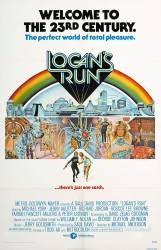
Question: Why were the enforcers called sandmen?
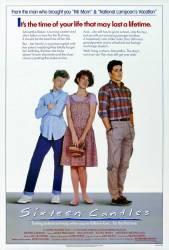
Question: When Molly Ringwald and Anthony Michael Hall are sitting in the car at the dance, what is the humiliating secret that he tells her and she laughs at?
Answer: He tells her that he is a virgin. His friends think that he is a "stud" and has had sex when he hasn't.
Answer: He hasn't "bagged a babe."
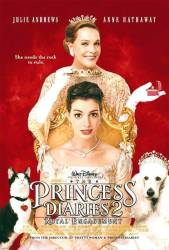
Question: The movie is supposed to be three years after the first movie, which would make her 18. But on all the trailers, they say she is 21. Why is this?
Answer: I have visited a lot of websites and they all say the movie is supposed to be taking place 5 years after the first one and that would put her at about 21 since it should be a little after her birthday. Don't assume because this movie's made 3 years after the first that that's how long after the first one it's meant to be set.
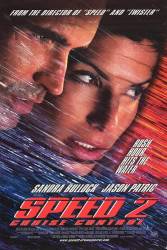
Question: After the ship was turned from hitting the oil tanker and then they returned to the bridge, they saw the ship was going to hit land. Why didn't they just go down again and turn the ship out to sea?
Answer: The ship has no way to stop or steer. By hitting land it would bring the ship to a stop (at a considerable cost) where as if they go out to sea, they would just continue to keep going until out of fuel or hit something they can't avoid and risk everyone drowning. A risk that is not present if they hit land.
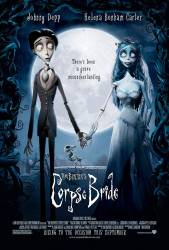
Question: In one of the extras, Tim Burton says that he got the idea for Corpse Bride from a story. He said just that it was just a few paragraphs, but what is the story that he is talking about?
Answer: It's a 19th century Russian Jewish folk-tale - the story starts quite similarly, with the lead character saying his vows while putting the ring on what he believes to be a stick. The tale generally finishes with the rabbis annulling the marriage and the living bride vowing to honour the memory of the corpse bride throughout her marriage - which ties into the Jewish tradition of honouring the dead through the lives of the living.
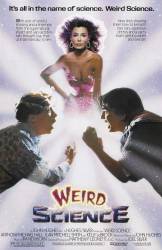
Question: What did Lisa turn Chet into? Every time I've seen this movie, I could never figure it out.
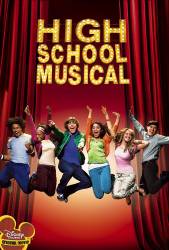
Question: Chad tries to discourage Troy from singing with the line, "If you sing in musicals, you're going to end up in my mom's refrigerator." Any clue as to what this means?
Answer: When Chad brings up Michael Crawford (the iconic Phantom in musical performances of Phantom of the Opera) he points out that Crawford's picture has never been on cereal (Wheaties) boxes like popular athletes. Chad says that his mom saw Phantom of the Opera on Broadway 27 times, and she put Crawford's picture "in" her refrigerator. So then Chad tells Troy that if he plays basketball his picture will end up on a cereal box, but if he sings in musicals his picture will only end up in his mom's (or anyone's) refrigerator. Apparently since Chad's mom was nuts about Michael Crawford, one of her "crazy diet ideas" was to put Crawford's picture in the fridge to help her stick to her diet.
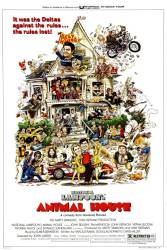
Question: Near the end, when Dean Wormer and Mayor DePasto are in the grandstand, officially launching the parade, there is an elderly gentleman in the background (also in the grandstand, about 2 levels up, on the left side of the screen) who is making odd, excited gestures and comical facial expressions. His appearance and odd mannerisms are so striking that he draws my attention away from the dean and the mayor every time that I've seen this film, and that's a lot of times. Surely, director John Landis must have been aware of the gentleman and his antics in the background through multiple takes, so it would seem Landis intended the peculiar distraction. Who was that gentleman, and was there any significance to his appearing in the scene?
Answer: Sometimes these things get left in because it's simply the best take. (The child covering his ears before the gunshot in "North by Northwest," for example.) It could also be that John Landis cast the extra because he wanted someone with goofy expressions in the crowd. He simply could have told the extras "Ok, be excited that you're at a parade," and that's how this extra did it.
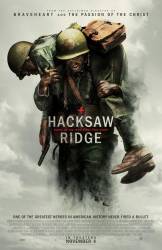
Question: In the first combat scene, we see the big climbing net already in place. Who put the net up in the first place and how would that have been done? And why would the Japanese not simply cut it down after the first fights when the US troops retreated?
Chosen answer: US troops put the net up (in reality the ridge isn't as tall). The Japanese were fighting a defensive battle from heavily fortified positions on a reverse slope, and it suited them to have the Americans attacking from that point. The Americans also used ladders on other parts of the escarpment.
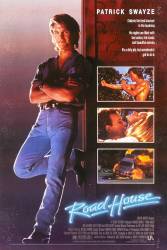
Question: Both the main characters are named after cowboys, Dalton and Wade Garrett. Was this intentional?
Answer: Only in the sense that the writer wanted them to have very masculine names.
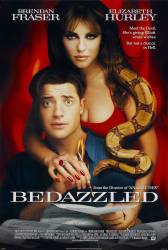
Question: In the scene where Elliot signs the contract, there is a magnificent red fountain pen on top of the papers. Does anybody know what the pen is, or if it is even a real commercial pen?
Answer: It definitely is a Montegrappa Oriental Zodiac pen, this brand has been making pens in Italy since 1912. I am not sure which of the three red pens in that collection (Oriental Zodiac) is the one seen in the movie, but given its association with the devil, my guess will be it is the Ox fountain pen.
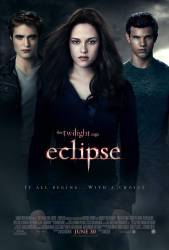
Question: If Bella is a "shield" and vampire powers can't affect her how did Jasper use his mood/mind control on her? It was Bella's birthday and they were at the school. Alice was inviting her to a party. After Bella says yes, she said "Jasper, no fair with the mind control thing."
Answer: Vampire abilities can't affect her mind. It's explained in the book that what Jasper does is physical. He loosens tense muscles and stimulates production of the appropriate hormones and helps the subject physically relax, thus stimulating a sympathetic mood change in his subjects.
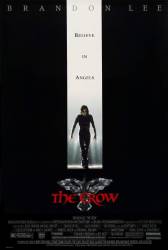
Question: If Eric and Shelley were fighting tenant eviction, why did T-Bird and his crew show up with a list of complaints about the conditions of the building?
Answer: Top Dollar (the main villain played by Michael Wincott) sent them over there to talk them. He sorta explained at the end. He 'believed' that he owned the building. I think he said something along the lines of: "Hell, nothing in this area happens without my say so." I guess Eric and Shelly's complaints were going to attract attention with the authorities and Top Dollar did not want that.
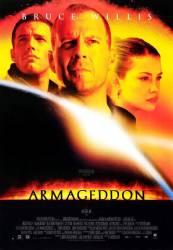
Question: Would someone please explain why they need a huge Gatling gun on the asteroid? Are they scared of aliens or what?
Answer: If you look at the deleted scenes on the special edition DVD, you will see a deleted scene in which A.J. asks what they needed a gun for, and Max explains that it's for debris elimination, in order to take out small rocks in the way.
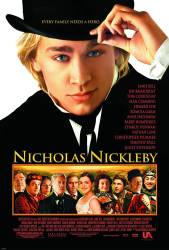
Question: When Nicholas and Mr. Squeers arrive at the school, Nicholas asks, "Is this Dotheboys Hall?" and Squeers replies something I can't understand, followed by, "We call it that in London because it sounds better." Anyone know what he says?
Chosen answer: Squeers says, "No need to call it a hall up here" and then he says "We call it that in London because it sounds better."
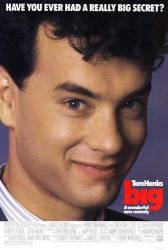
Question: What is the video game young Josh plays at the beginning of the movie?
Answer: According to imdb: Though some believe it to be Colossal (Cave) Adventure or an early Sierra Game, no known game up to 1988 accepts the commands "melt ice wizard" or "throw thermal pod" (as used in the movie), therefore one can assume the game screen was simply created for the movie.
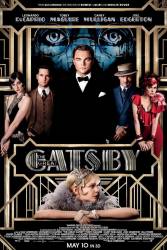
Question: In the scene where Gatsby is telling Nick his origin story, Nick narrates that Cody (a man he saved and sailed the ocean with) died and he was cheated out of his inheritance by Cody's family and he was once again dirt poor. After this part has been narrated, a clip of spinning newspapers is shown of what happens to Gatsby after this. As this happens, if you listen in the background, you'll notice that there is a song beginning to play. What is this song that is playing? (01:09:40)
Chosen answer: The song is "Back to Black" by Beyoncé (Feat. Andre 3000).
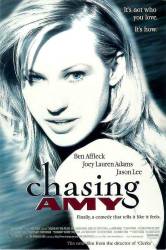
Question: I've noticed that throughout the movie, the first two fingers on many character's right hand are orange. Most noticeable when Holden sees Banky at the end and in the lesbian bar when Banky is swapping stories with Alyssa. What's the significance of this?
Answer: I'm gonna be totally honest... I'm 99% sure there's no significance. In fact, I think it's just stained skin from all the smoking people do in the movie. Most people hold their cigarettes between their first two fingers. And most of the characters are depicted smoking throughout the film, which means they had to smoke a LOT during filming to maintain continuity. I used to get occasional orange (and sometimes yellow or light brown) stains on my fingers and hands when I smoked cigarettes. Especially if I smoked more than one in a short period of time and didn't wash me hands between them. So it's probably just smoking stains on the actor's fingers. In fact, I looked, and you see Banky holding a lit cigarette in his right hand and smoking during the story swapping scene you mentioned, with gives some direct evidence to my theory. (For reference, those stains can wash off with some good scrubbing).
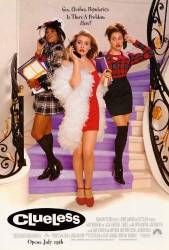
Question: What did Cher mean when she said, "this is a bigger disaster than Malibu"? What happened to Malibu?
Answer: Malibu is a hazardous place to live. It's constantly threatened by wildfires, which burn out the underbrush. Then when it rains, there's nothing on the ground to keep the mud from sliding down the hills, so mudslides are a problem, too. She was probably referring to one of the many times that this has happened.
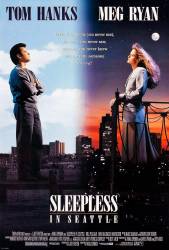
Question: What is the restaurant Annie and Walter are sitting in that looks out onto the Empire State Building?
Answer: That would be the Rainbow Room which is located at 30 Rockefeller Plaza (Annie rushes out the door and gets into the taxi), the iconic skyscraper in Rockefeller Center.
Answer: In popular American lore, the Sandman is responsible for putting sand over your eyes to make you go to sleep. In this context the "sleep" is a euphemism for death, and the enforcers are responsible for making sure that everyone dies on time.
Phoenix